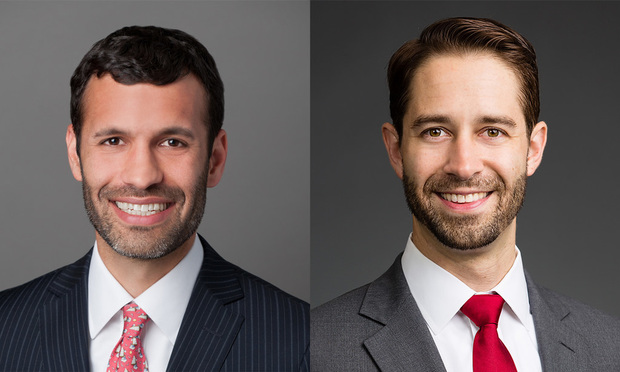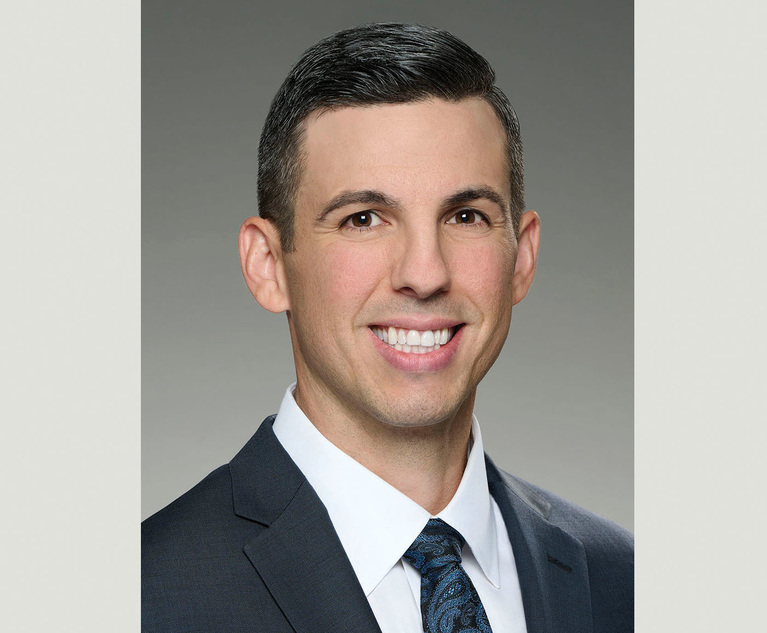Longstanding Delaware law not only entitles but encourages directors to rely in good faith on corporate officers and expert advisers for advice, information, and specialized expertise. Pursuant to Section 141(e) of the Delaware General Corporation Law, a member of a board of directors is “fully protected” from personal liability for duty of care violations “in relying in good faith upon … any other person as to matters the member reasonably believes are within such other person’s professional or expert competence and who has been selected with reasonable care by or on behalf of the corporation.” The Delaware Court of Chancery recently continued this long line of Delaware authority in The Cirillo Family Trust v. Moezinia, in which the court dismissed breach of fiduciary duty claims against directors who had relied on legal advice, even when that legal advice was later challenged in litigation.
Precedent Cases
In Graham v. Allis-Chalmers Manufacturing, Section 141(f) (the predecessor to Section 141(e)) protected directors from charges that they were liable to their company for losses arising from the unlawful acts of a few employees. Given the “magnitude of the enterprise,” the Court of Chancery found and the Supreme Court affirmed, Section 141(f) permitted the directors to rely on “summaries, reports and corporate records” in considering and deciding whether to “rely on the honesty and integrity of their subordinates” or “put into effect a system of watchfulness.” Similarly, in Cheff v. Mathes, the Supreme Court held that Section 141(f) permitted directors to rely upon “direct investigation, receipt of professional advice, and personal observations” in concluding that a stockholder’s accumulation of stock in the company created a reasonable threat to corporate policy and effectiveness, and in deciding in good faith that the corporate interest was best served by using corporate funds to purchase all of his shares.


 Brian M. Lutz and Mark H. Mixon Jr. of Gibson, Dunn & Cructcher. Courtesy photo
Brian M. Lutz and Mark H. Mixon Jr. of Gibson, Dunn & Cructcher. Courtesy photo




